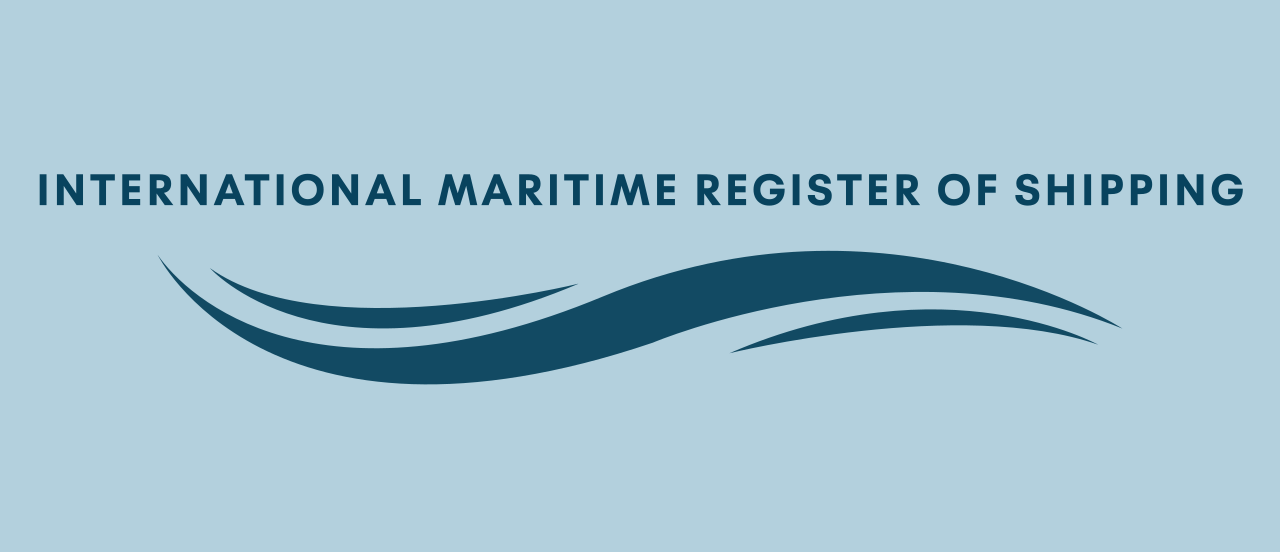Cargo ship safety construction certificate
Statutory
The Cargo Ship Safety Construction Certificate (CSSC) is a crucial document in the maritime industry, serving as evidence that a cargo ship has been constructed and designed in compliance with international safety standards and regulations. Here’s a comprehensive overview of the Cargo Ship Safety Construction Certificate:
Purpose:
- The primary purpose of the CSSC is to verify that a cargo ship’s construction and design meet the safety requirements outlined in international conventions and regulations, particularly the International Convention for the Safety of Life at Sea (SOLAS).
- The certificate provides assurance to regulatory authorities, classification societies, insurers, and other stakeholders that the cargo ship is structurally sound, safe to operate, and equipped with essential safety features.
Issuance:
- The Cargo Ship Safety Construction Certificate is typically issued by the maritime administration of the flag state where the cargo vessel is registered. or by a recognized organization approved the flag state administration
- Before issuance, the vessel undergoes a series of inspections and surveys during the construction phase to ensure compliance with safety construction standards specified in SOLAS and other relevant conventions and then subject to periodical surveys during the service phase
Requirements:
- The CSSC verifies that the cargo ship’s construction, structural integrity, stability, and safety features meet the standards established in SOLAS and other applicable regulations.
- Specific requirements may include the use of approved materials, adherence to structural design specifications, compliance with stability criteria, and installation of safety systems such as watertight compartments, fire-resistant bulkheads, and emergency evacuation arrangements.
Validity and Surveys:
- The Cargo Ship Safety Construction Certificate is typically issued upon completion of construction and successful surveys demonstrating compliance with safety construction standards.
- The certificate remains valid for five years, but first interim certificate valid for 5 months is issued, the full term certificate is subject to periodic surveys and inspections to ensure continued compliance with safety requirements.
- Renewal surveys may be conducted at regular intervals or following significant modifications to the ship’s structure or equipment to verify ongoing compliance with safety standards.
Regulations and Compliance:
- The issuance and validity of the Cargo Ship Safety Construction Certificate are governed by international regulations established under SOLAS and other relevant conventions.
- These regulations set forth specific requirements for ship construction, including materials, design, stability, and safety systems, to ensure the structural integrity and seaworthiness of cargo ships.
In summary, the Cargo Ship Safety Construction Certificate (CSSC) is a critical document that confirms a cargo ship’s compliance with international safety construction standards and regulations. By verifying the vessel’s structural integrity, stability, and safety features, the CSSC contributes to the safety of maritime operations and the protection of lives and property at sea.
Application of the cargo ship safety construction certificate: Cargo ship safety construction certificate is applicable to all ship above 500 GRT except Passenger ships
Surveys:
Initial survey:
Cargo ship safety construction certification starts with the initial survey which is to be conducted at the time when the ship is firstly certified
Annual surveys:
Annual surveys are carried out at the anniversary date of the initial survey with a window of three months before or after.
annuals surveys are carried out at the first, second and fourth anniversary dates
Intermediate survey:
normally it is due at the middle of the five years loop with a window of 6 months before or after, but practically is carried out at the third anniversary date
Renewal survey:
At the fifth anniversary date of the initial survey with a window of 3 months before it, but can not be shifted after the full term certificate is expired
Dry dock and bottom survey:
Dry dock and bottom surveys are considered part of the cargo ship safety construction certification, as per SOLAS 1974, bottom survey is to be carried out in dry dock with interval of 30 months with maximum allowance of 36 months with condition that two dry docks are carried out in every 5 years
The dates of the last two bottom surveys are mentioned in the cargo ship safety construction certificate
Scope of survey for Cargo ship safety construction:
DOCUMENTATION
HULL SURVEY
MACHINERY AND ELECTRICAL PLANT
FIRE FIGHTING EQUIPMENT
ADDITIONAL REQUIREMENT FOR BULK CARRIER (APPLICABLE TO SHIPS BUILT PRIOR 01/07/2006
ADDITIONAL REQUIREMENT FOR BULK CARRIER (APPLICABLE TO SHIPS BUILT ON OR AFTER 01/07/2006
INERT GAS SYSTEMS

